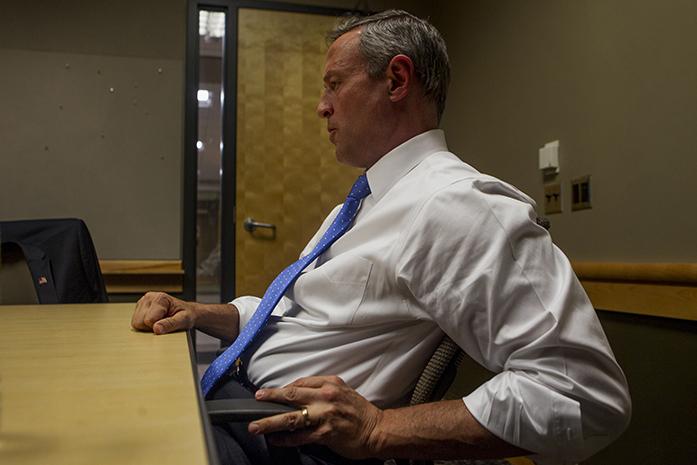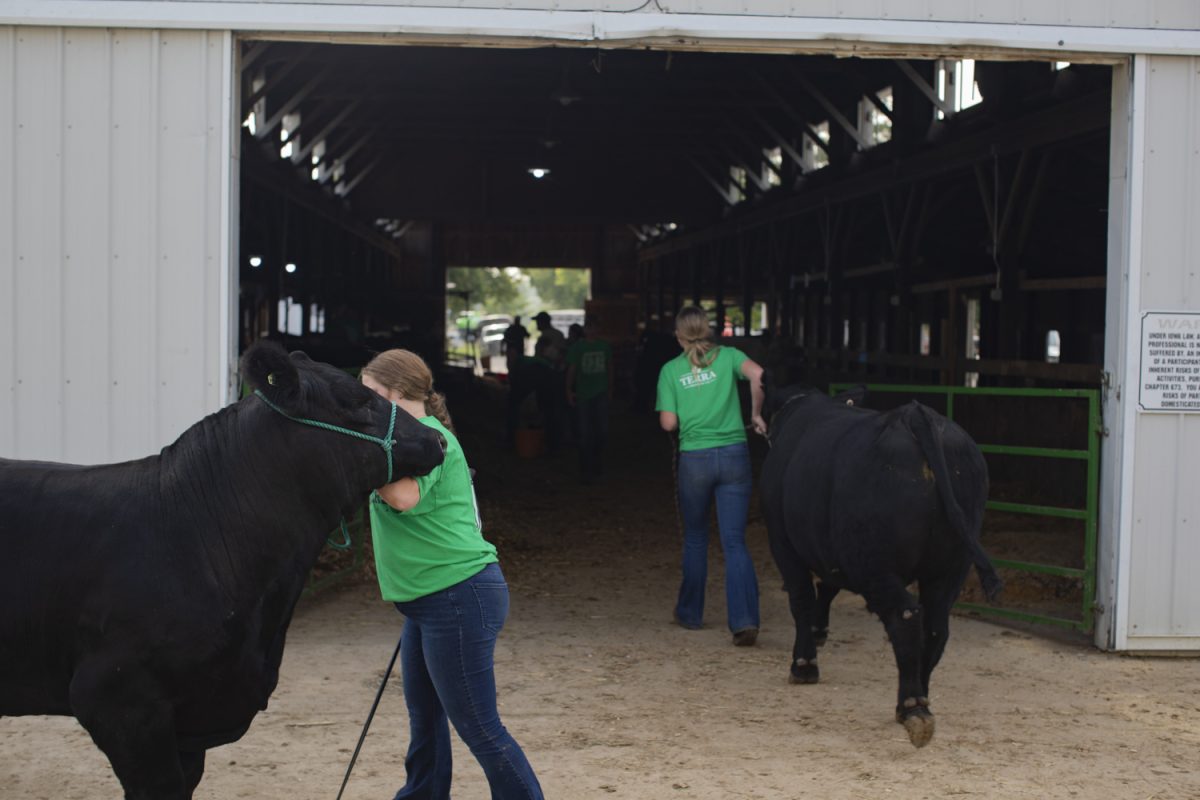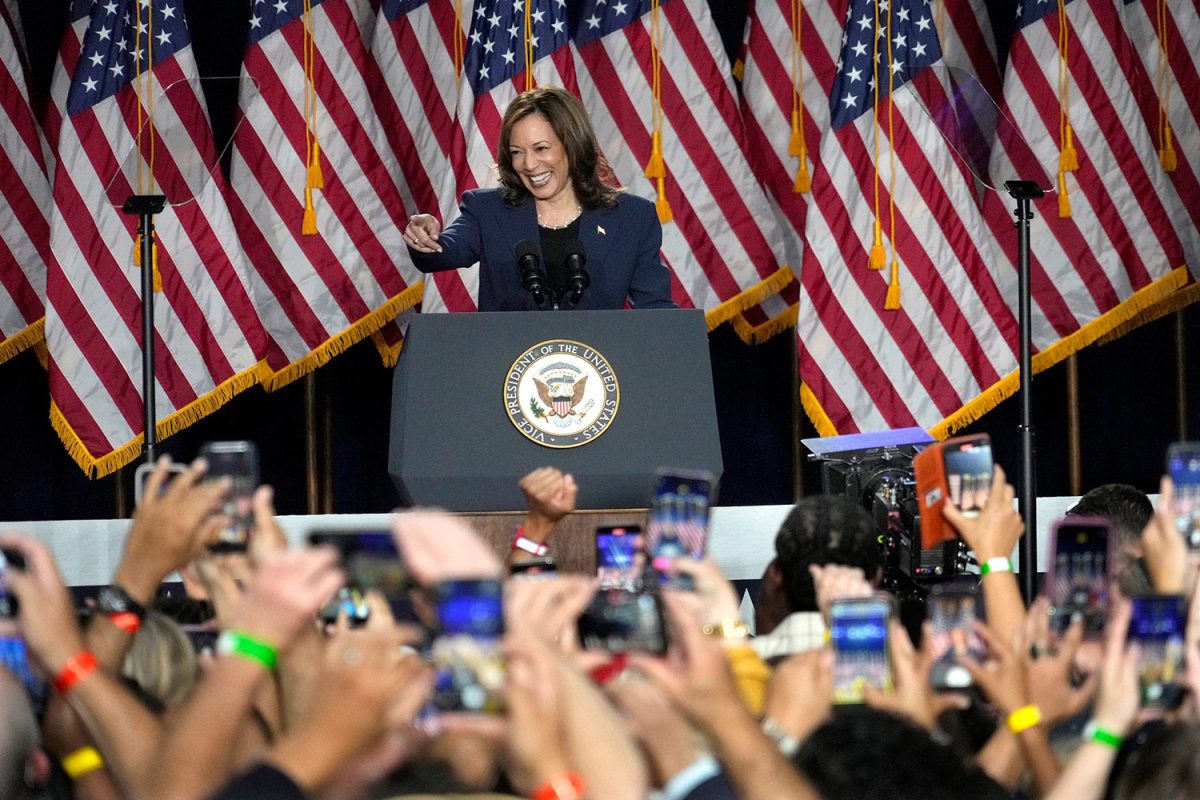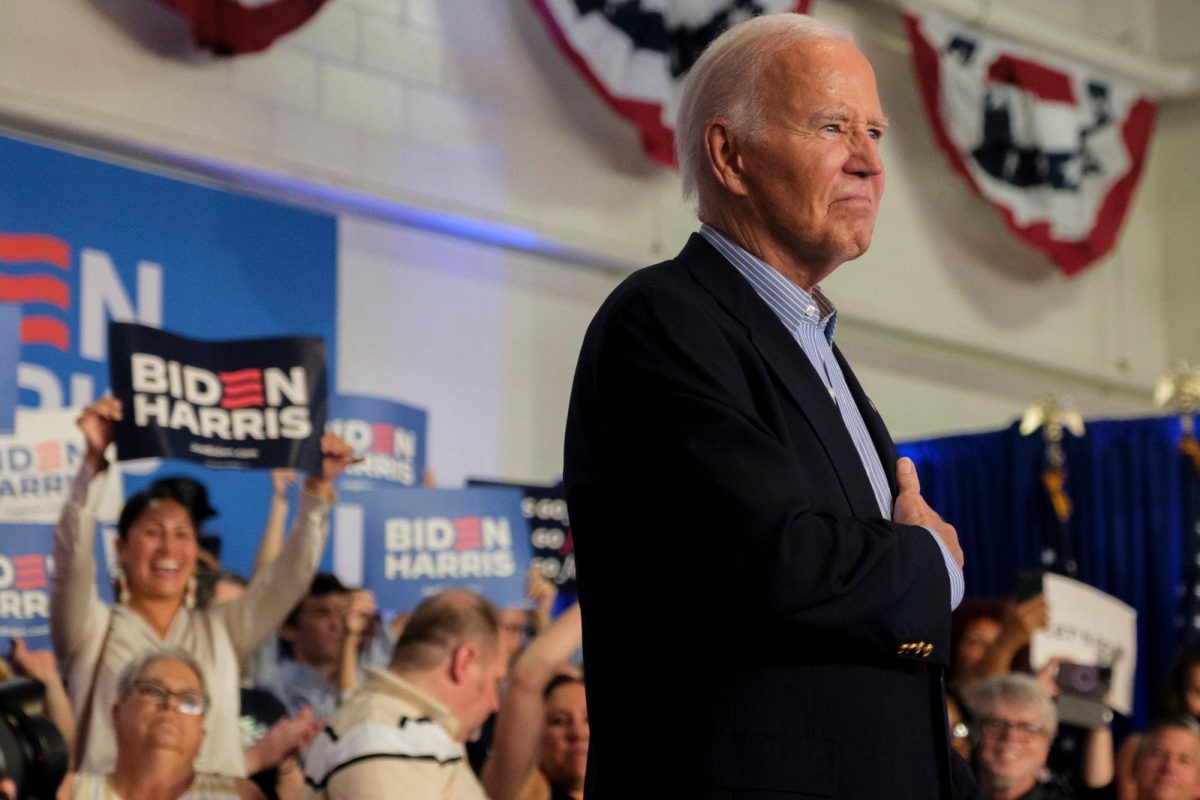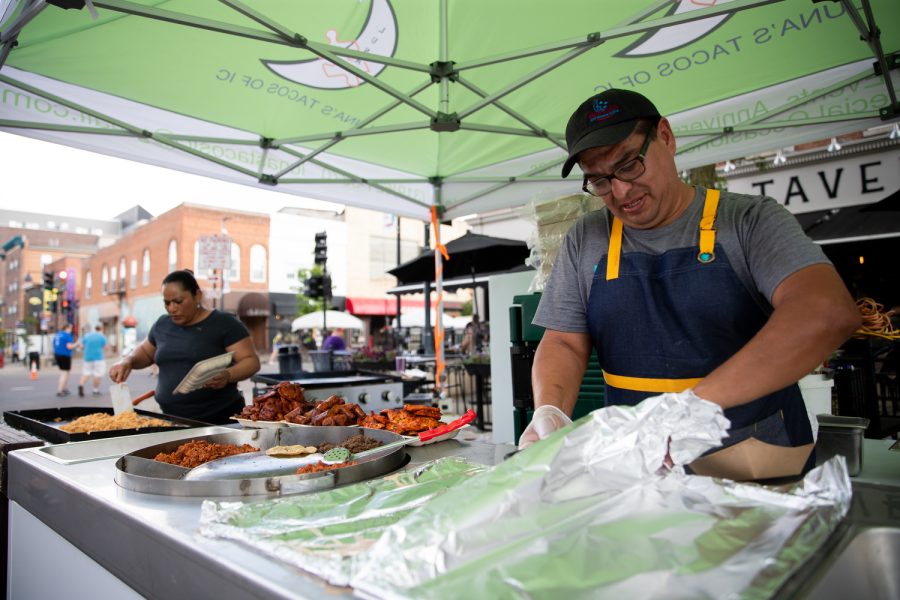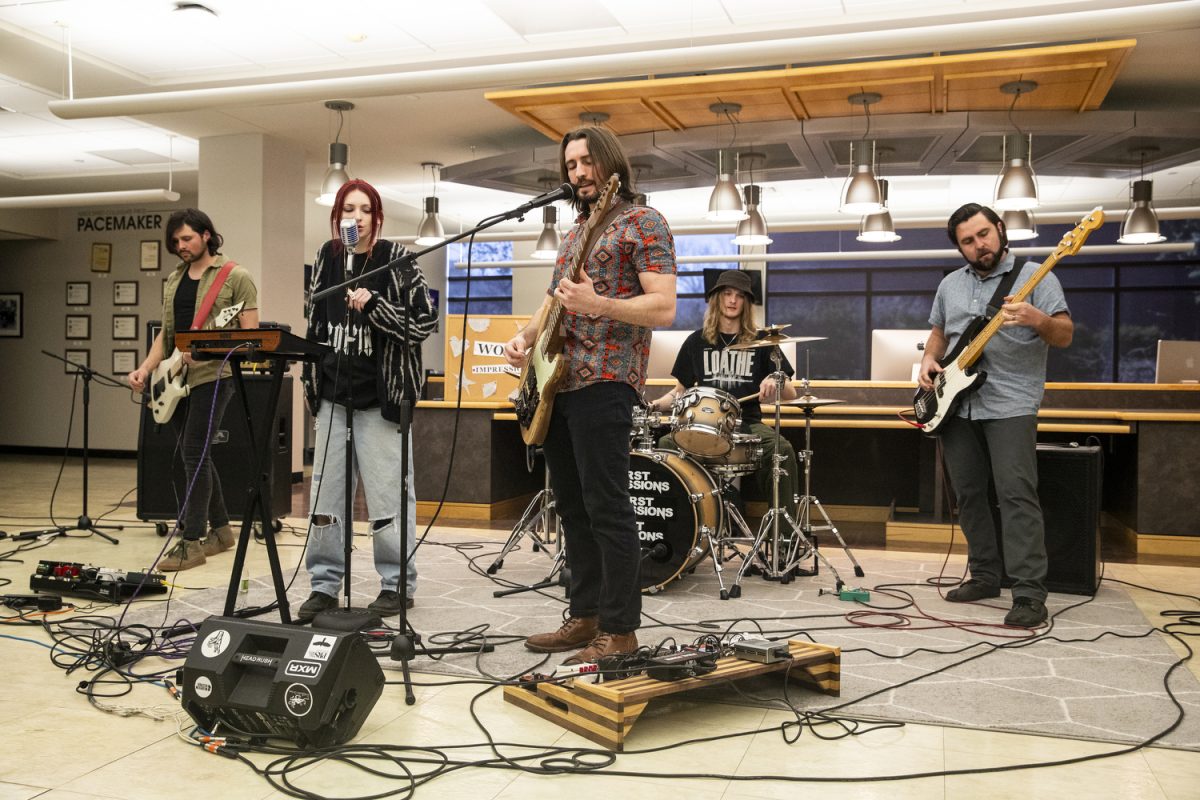By EPI staff
The gloves are coming off for Democratic presidential candidate Martin O’Malley.
With fewer than 90 days until the scheduled Feb. 1 Iowa caucuses, the former Maryland governor has tried to win the hearts of Iowa voters by differentiating himself from his fellow candidates in addition to trying to meet with as many Iowans as possible.
O’Malley has visited the state more times than any other Democratic candidate, according to The Daily Iowan archives. He has visited 48 counties across Iowa, with a goal of visiting all 99 counties.
The 52-year-old sat down for an hourlong meeting with the DI Editorial Board and politics team on Nov. 7.
From talking about education reform to talking about gaining more Iowa caucus-goers’ support, here are some of the points O’Malley hit.
O’Malley’s three ‘horizons’ to improve U.S. education
Three primary “horizons” will drive the new normal of the American education system, O’Malley said on Nov. 7, suggesting that specialized education may not be in the best interest of the country.
The three reforms include:
• implementing a universal prekindergarten program,
• reforming high-school students’ senior years to include dedicated college schooling
• creating a “coding for all” approach that would expose students to growing information-technology jobs
In addition to K-12 reform, he also touched on options for students applying for college.
More investment should be allocated to federal Pell Grants and work-study programs, he said.
Some students pursue work-study options in which they can earn financial aid in exchange for a part-time job.
O’Malley — who favors a variant of debt-free college — said average middle-class Americans shouldn’t have to put more than 10 percent of their family’s median income toward a four-year public college or university.
Candidate shopping? O’Malley’s your man, he says
O’Malley is using the newly small Democratic field to his advantage.
Harvard Professor Lawrence Lessig, former Rhode Island Gov. Lincoln Chafee, and former Virginia Sen. Jim Webb have stopped vying for the Democratic nomination. Vice President Joe Biden has also announced he will not run for the 2016 presidential election.
Prior to Biden’s announcement that he would not join the race, O’Malley said the rumors put a damper on his campaign. He now hopes to gain those who were in support of Biden.
“We have absolutely been going after those individuals,” O’Malley said.
“I like the uphill fights; they keep you focused,” O’Malley said.
Just 7 percent of Iowa Democrats surveyed in the latest Public Policy Polling survey released Nov. 2 said they would like to see O’Malley as the Democratic candidate for president in 2016, compared with 57 percent who said Clinton is their first choice.
The poll had a margin of error of plus or minus 3.9 percentage points.
Pot legalization hazy
O’Malley said he doesn’t support marijuana for recreational use but could possibly come around to it.
He has traveled to Colorado to meet with legislators who helped make marijuana legal, but he said his stance will depend on the experience of Colorado and Washington in the long run.
He also said federal law should change because more people are convicted of drug crimes; whereas at a state level, more people are convicted of violent crimes, he said.
“I think this is one where states can act as laboratories of Democracy,” O’Malley said. “I think we should be guided by what policies reduce harm.”




